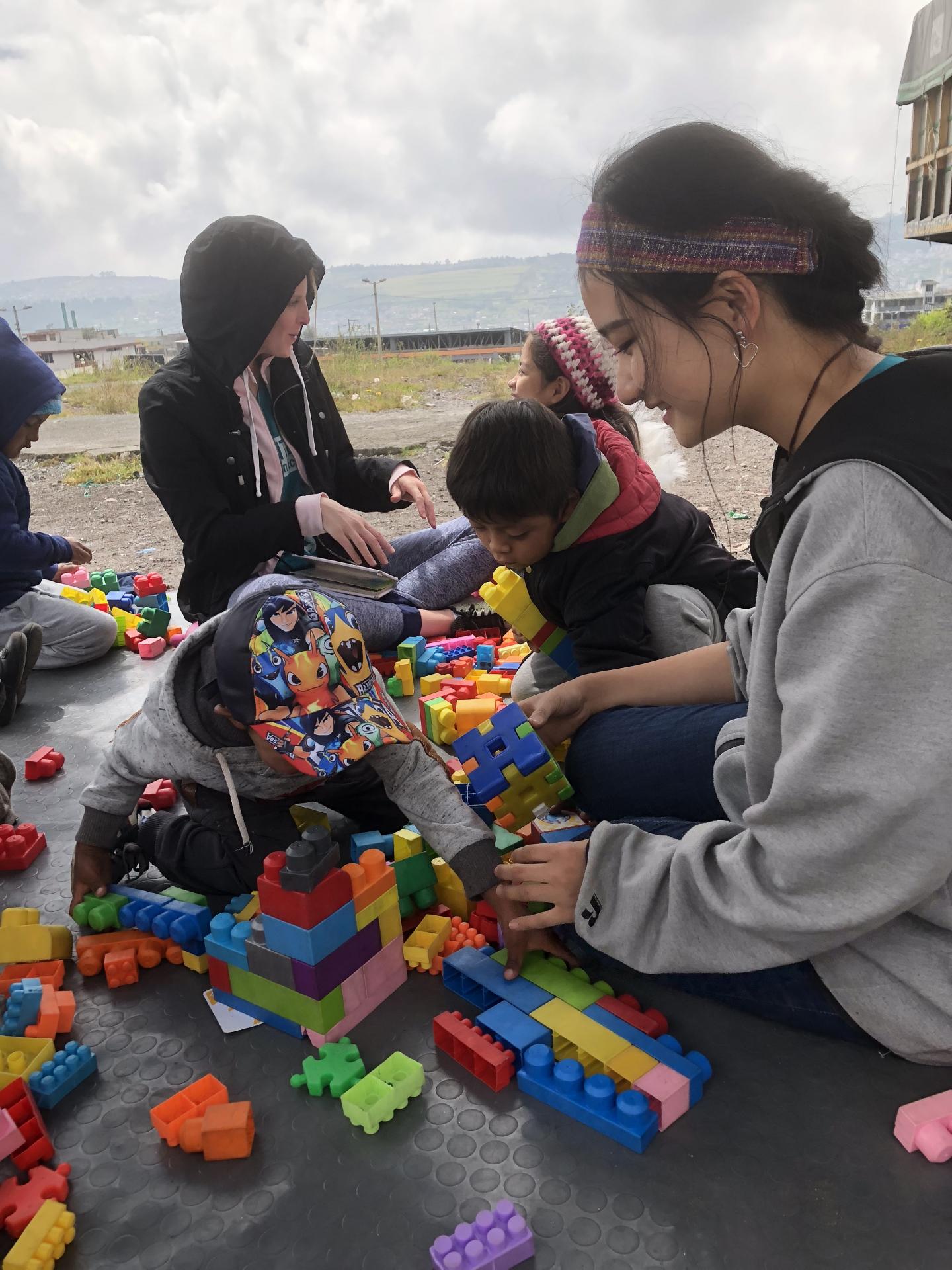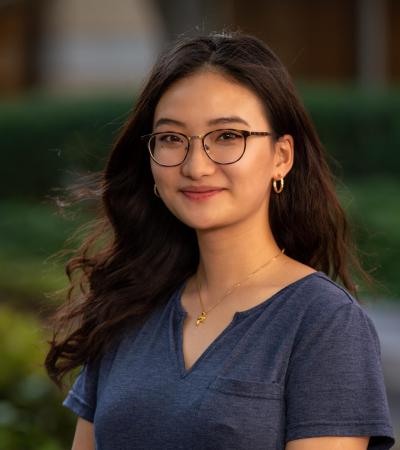Left Kids, Right Education: Exploring the Ecuadorian English Education Situation through International Volunteer HQ
Experiencing the World Fellowships

On Sunday, June 24…
This week’s topic aims at raising the children’s awareness of eating healthy. For children of different age levels, we tailored different levels of activities for them. For one to five years old we used a drawing of a traffic light, where children were asked to put different kinds of food stickers on. In this way, they were taught what food is essential and healthy to eat every day (green), what is more suitable to eat about twice a week (orange), and what should not be eaten frequently (red). For six years and older, Yadira would first present a picture of the food pyramid to them. The kids were then asked to identify and name the food in each stage, while also reflecting on the food they usually eat. By asking the kids “why eating this is important” and explaining “why eating healthy is different from feeling full” to them, we encouraged them to form logical arguments and express relatively complex ideas. Afterward, they were given a paper to draw the food they eat for breakfast, lunch, and dinner every day. While drawing, we constantly asked them questions and built connections to new things they just learned. From the responses given by the kids, the food they normally eat is potato, rice, corn, and sweets, with a small amount of vegetables and meat. I am going to reflect more about this after analyzing the weight and height data next Wednesday.
During these activities, I noticed that some children, even though they have reached school age (six or seven), could not hold a pen, write their names, and refused to answer questions except for “yes” or “no” ones. Parents in the markets do not usually ask their children open-response and school-like questions, e.g. “why does the bear do that in the story” or “what happened to the kitty”, which are really necessary for early brain development and for better performances in schools. To answer the question of what this organization is bringing to the children, besides attention and time, they also provide the children with some essential and fundamental training, for example, the ability to hold pens, draw, and read, and the ability to think logically, answer “why” questions, and express personal ideas. These activities can at least ensure that they are not completely left behind compared to other children of the same age.
Adviser: Damian Zurro






